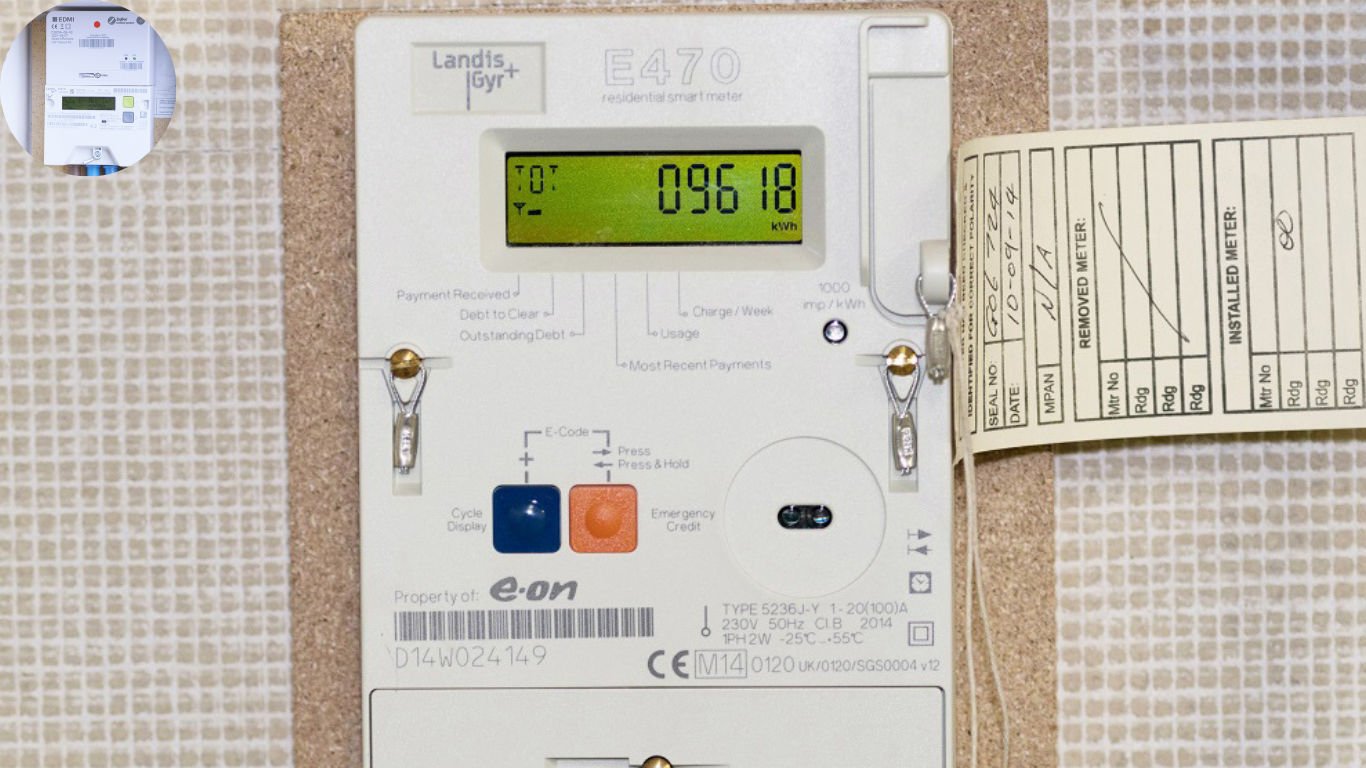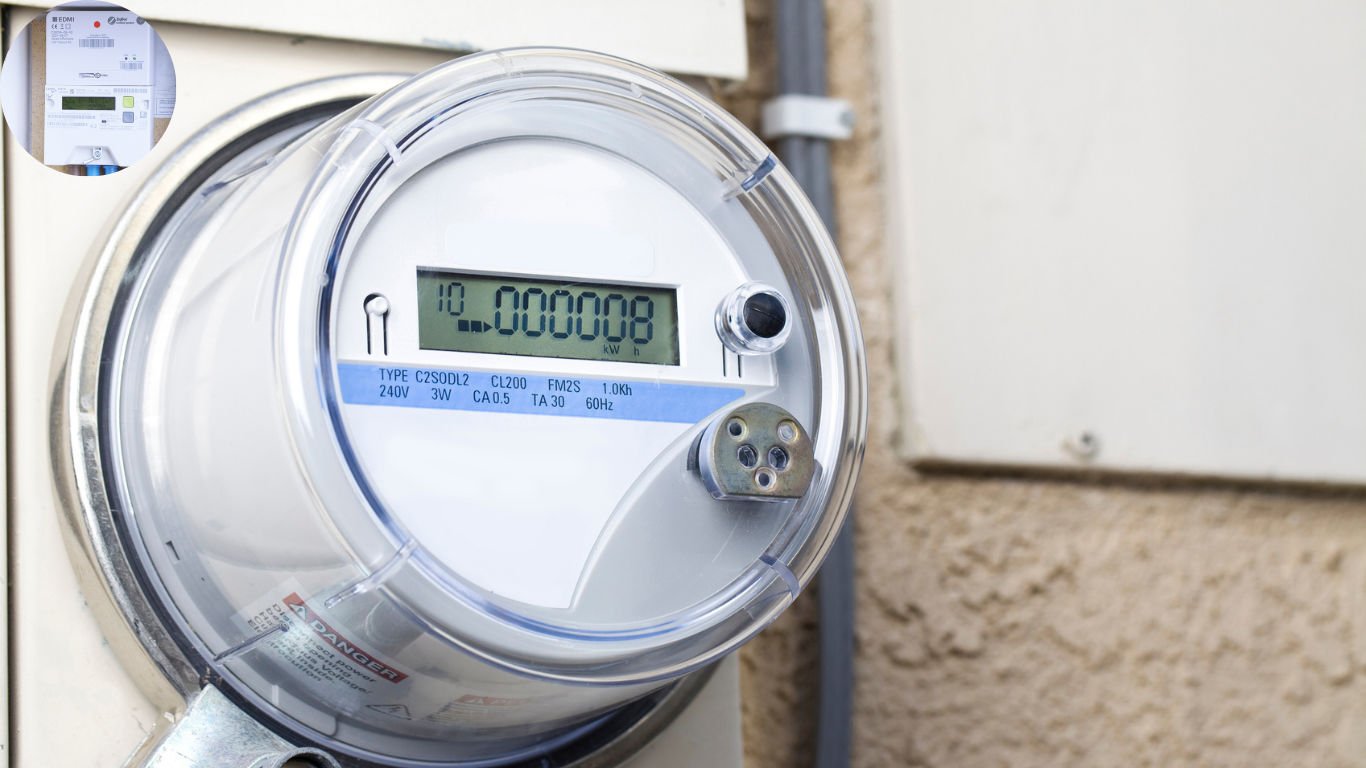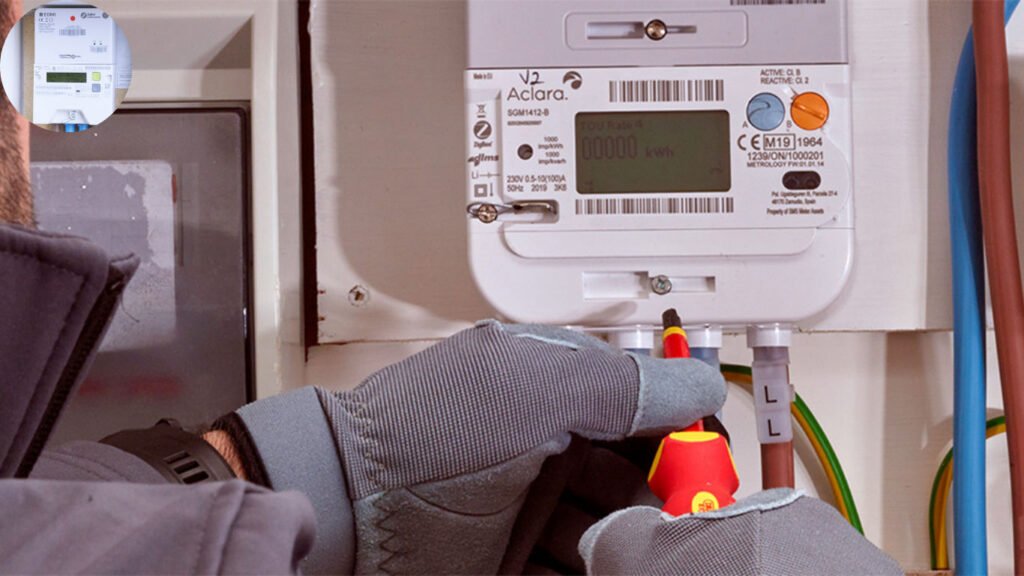A smart meter is a modern energy meter that automatically tracks and sends your electricity or gas usage to your supplier, eliminating the need for manual readings and providing real-time data on your consumption. With smart meters increasingly replacing traditional meters since 2009, many households already have one installed-often without realizing it. Recognizing whether your home has a smart meter is important for understanding your energy usage, accessing accurate bills, and taking advantage of features like online top-ups and in-home displays. This guide will walk you through simple steps to check if your house is equipped with a smart meter, so you can make the most of the technology available in your home.
What is a Smart Meter?
A smart meter is a digital device that records energy consumption in real-time. Unlike traditional meters, which require manual readings, smart meters automatically send data to your utility provider.
These devices communicate through secure wireless networks. This means you can access your energy usage information anytime via online platforms or mobile apps.
Smart meters not only track electricity but often monitor gas and water as well. They provide insights into your daily habits, helping you understand when and how much energy you’re using.
With this information at hand, homeowners can make informed decisions about their consumption patterns. The result? Potential savings on monthly bills due to increased efficiency.
Benefits of Having a Smart Meter
Smart meters bring a range of advantages to homeowners. First, they provide real-time data on energy consumption. This insight helps you understand when and where you use the most energy.
By eliminating estimated bills based on averages, smart meters eliminate the need for traditional meters.You only pay for what you actually use.
If there’s a sudden spike in usage, it might indicate an appliance malfunction or inefficiency.
Smart meters also support renewable energy integration. They enable better management of solar panels or other green technologies by monitoring production and consumption patterns seamlessly.
Having a smart meter promotes energy conservation habits. With greater awareness of your usage trends, it’s easier to make informed changes that reduce your carbon footprint while saving money on utility bills too.
You may also read (home improvement).
How to Check if Your House Has a Smart Meter
To find out if your house has a smart meter, start by checking your utility bill. Many providers note the type of meter you have on the statement.
Next, look at the physical meter itself. Smart meters often have digital displays and are usually rectangular in shape. They may also be connected to communications equipment.
If you’re still unsure, contact your utility company directly. They can verify whether a smart meter is installed at your address.
Neighboring homes might offer clues too; if they’ve upgraded to smart meters recently, it’s likely that yours has as well.
Consider visiting local government websites or energy forums for more information about recent upgrades in your area.
Steps to Take if You Don’t Have a Smart Meter
If you discover that your house doesn’t have a smart meter, don’t worry. There are several steps you can take to upgrade your energy monitoring experience.
First, contact your utility provider. They can provide information about the availability of smart meters in your area and guide you through the installation process.
Next, ask about any requirements or programs they might have for installing a smart meter. Some utilities offer incentives or free installations as part of their efforts to promote energy efficiency.
Consider exploring third-party options as well. Various companies specialize in home energy management systems that work alongside traditional meters, giving you valuable insights into your consumption habits.
Learn about the benefits of switching to a smart meter. Understanding how it could positively impact both your bills and environmental footprint will help motivate this change.
Common Concerns and Misconceptions about Smart Meters
Many people have concerns about smart meters, often stemming from misunderstandings. One common myth is that they emit harmful radiation. In reality, the levels of electromagnetic fields produced are far lower than those from everyday devices like cell phones or microwaves.
Some fear that smart meters invade their personal space by tracking detailed energy usage patterns. However, utility companies typically use this data only for billing purposes and to improve service efficiency.
Cost is also a factor for many homeowners. The perception is that installing a smart meter leads to higher bills, but these devices can actually help identify ways to reduce energy consumption and save money in the long run.
Some believe smart meters are prone to frequent malfunctions or inaccuracies. While no technology is perfect, most modern smart meters undergo rigorous testing before being deployed.
The Future of Smart Meters
Smart meters have a promising future and are expected to evolve rapidly in the future.These devices are becoming more sophisticated as technology advances. Enhanced data analytics will allow for even better energy management in homes.
With the rise of renewable energy sources, smart meters will play a crucial role in integrating solar panels and wind turbines into residential energy systems. Homeowners could eventually monitor their own generation and consumption patterns, leading to greater efficiency.
As concerns about climate change grow, governments may promote the adoption of smart meters to help reduce carbon footprints. This trend could lead to incentives for homeowners who opt for smarter solutions.
Furthermore, advancements in connectivity—like 5G—will improve communication between smart home devices and utility companies. Real-time information sharing can enhance outage detection and response times significantly.
Security features are also expected to become more robust as privacy continues to be a priority for consumers. Expect innovations that protect user data while providing valuable insights into energy use.
Smart meters represent an essential step toward smarter living environments that prioritize sustainability and convenience. The journey has just begun; stay tuned as this technology transforms how we consume power at home.
You may also read (does running the dryer really heat up your house).

